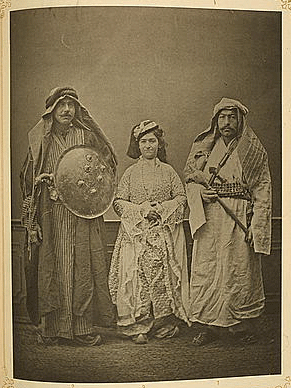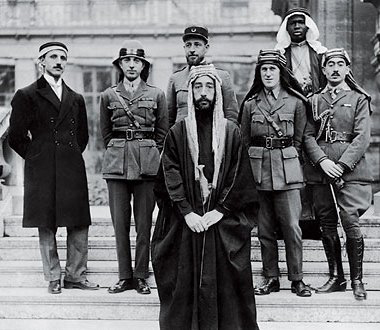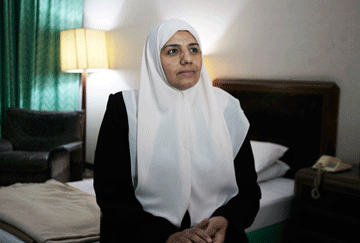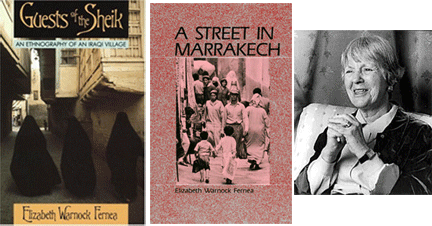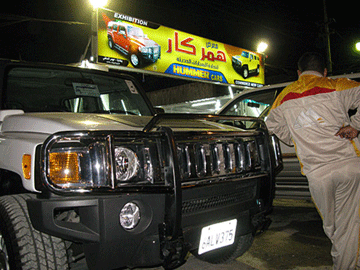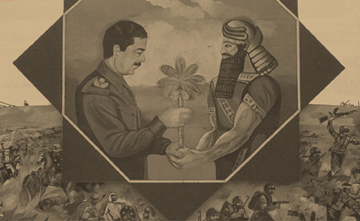
“10 Conceptual Sins” in Analyzing Middle East Politics
by Eric Davis, from The New Middle East, January 28, 2009. For an Arabic translation of this post, click here.
Sin # 1: “Presentism.†Unfortunately, many of those who analyze Middle East politics, whether journalists, policy analysts, or academics, do not take history seriously. That is, they fail to situate Middle East politics in a historical context. If they did, they would gain many more insights into the political dynamics of the region.
Analysts would have realized why, for example, Iraqis showed little enthusiasm when American troops toppled Saddam Husayn’s regime in April 2003. This response did not indicate that Iraqis were ungrateful as the vast majority were relieved to see the end of Saddam’s regime. Rather, many Iraqis, who did have a historical consciousness, knew that the US had supported Saddam Husayn during the Iran Iraq War. Iraqis also remembered that, when President George Bush senior called upon them to rise up against Saddam Husayn in 1990, many took him at his word. However, not only did the US not intervene to help the rebels during the February-March 1991 uprising (Intifada), it gave permission for Iraqi helicopter gun ships to enter the fray which turned out to be critical in suppressing it. Continue reading 10 Conceptual Sins
